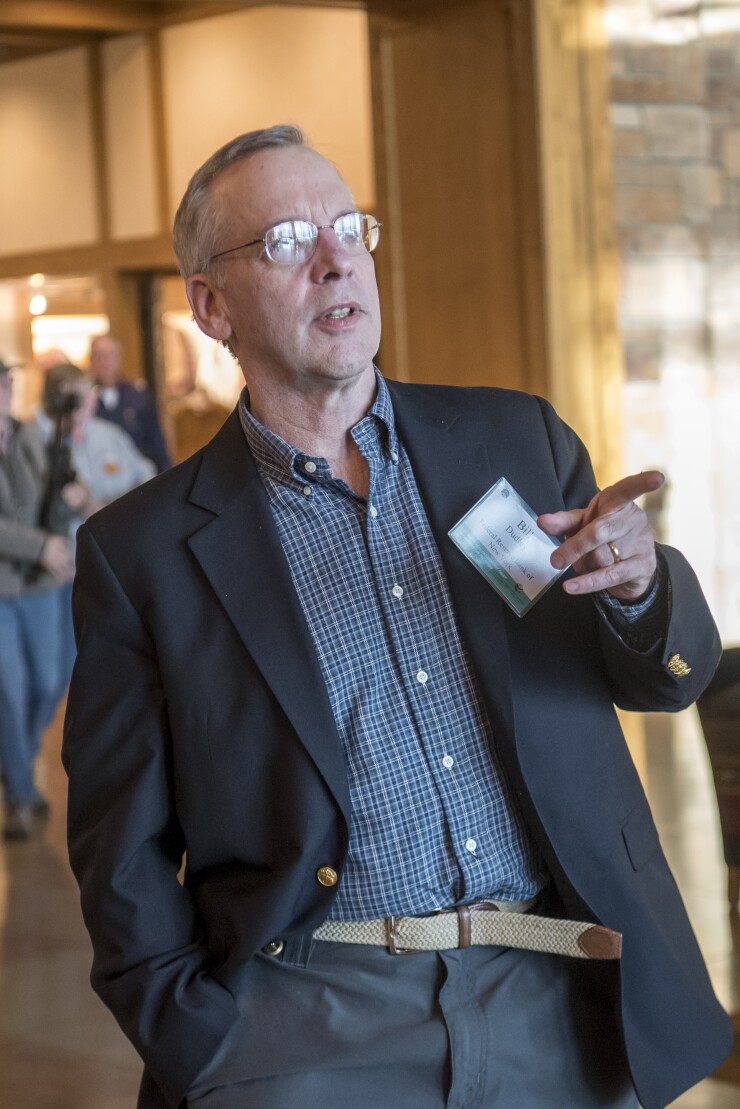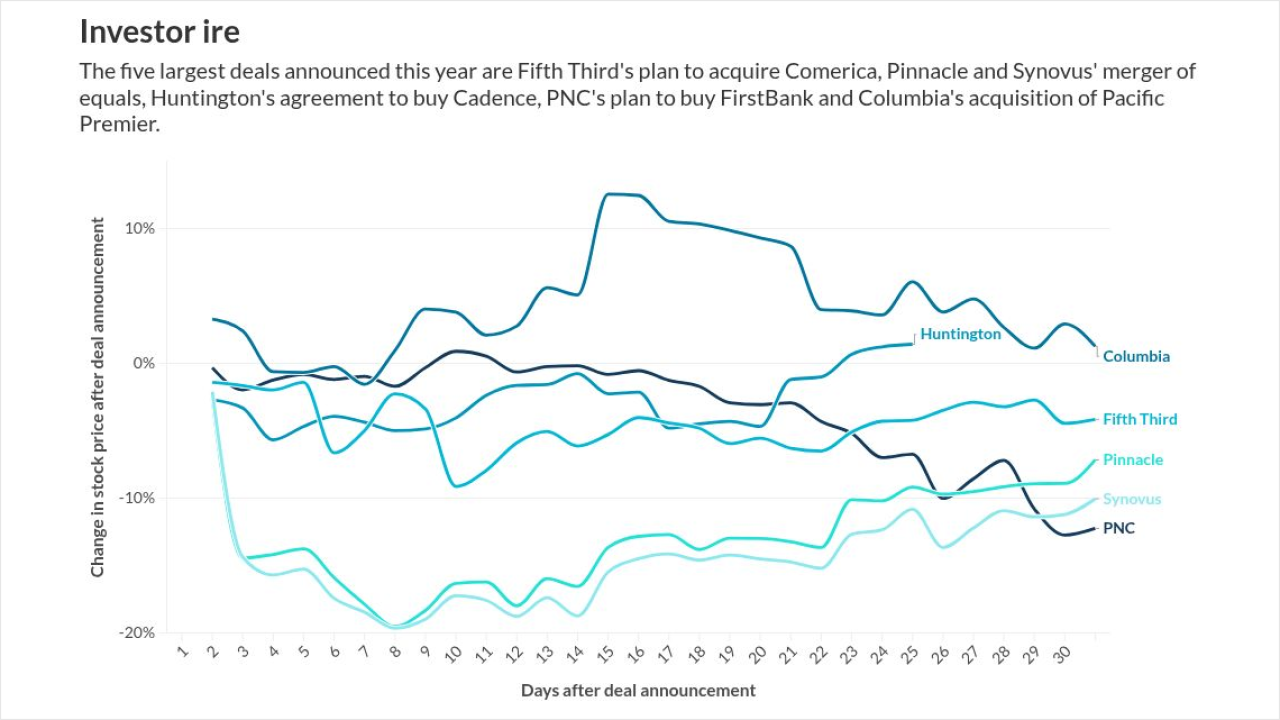A slew of recent cases of misconduct in banking – from both the investment and retail sides of the business – have eroded the trustworthiness of the entire industry, William Dudley, president of the Federal Reserve Bank of New York, said Thursday.
Speaking at the bank's third annual conference on bank culture, Dudley said that "deep-seated cultural and ethical problems" have harmed the industry's reputation.
Though Dudley did not point to specific examples or banks, he said that ongoing cases of shady behavior impede the ability of the industry to do its primary job: provide credit and help consumers manage financial risks.
"What does it mean for a firm to profess putting the customer first, if employees are compensated and promoted regardless of what's good for customers?" Dudley said. "Or, worse, if they are not held to account for activities that can harm customers?

In his remarks, Dudley said that employees respond to the incentives they are given, rather than the values they are directed to uphold.
He said that regulators play a key role in upholding ethical standards. Supervisors should examine a bank's "incentive structures," such how employees are compensated, and whether they have the authority to raise red flags about misconduct, he said.
Dudley also urged the industry to consider adopting two ideas that he proposed in 2014: creating a database to track ethical violations, and developing a baseline survey to quantify and track the industry's progress.
Monitoring bank culture and ethics will require a potentially tough change in mindset for both regulators and the industry, Dudley said.
"I suspect that, while simple, the discipline of asking ourselves these questions on a regular basis, and answering them thoughtfully and honestly, may be more challenging and thought provoking than once might initially think," he said.





